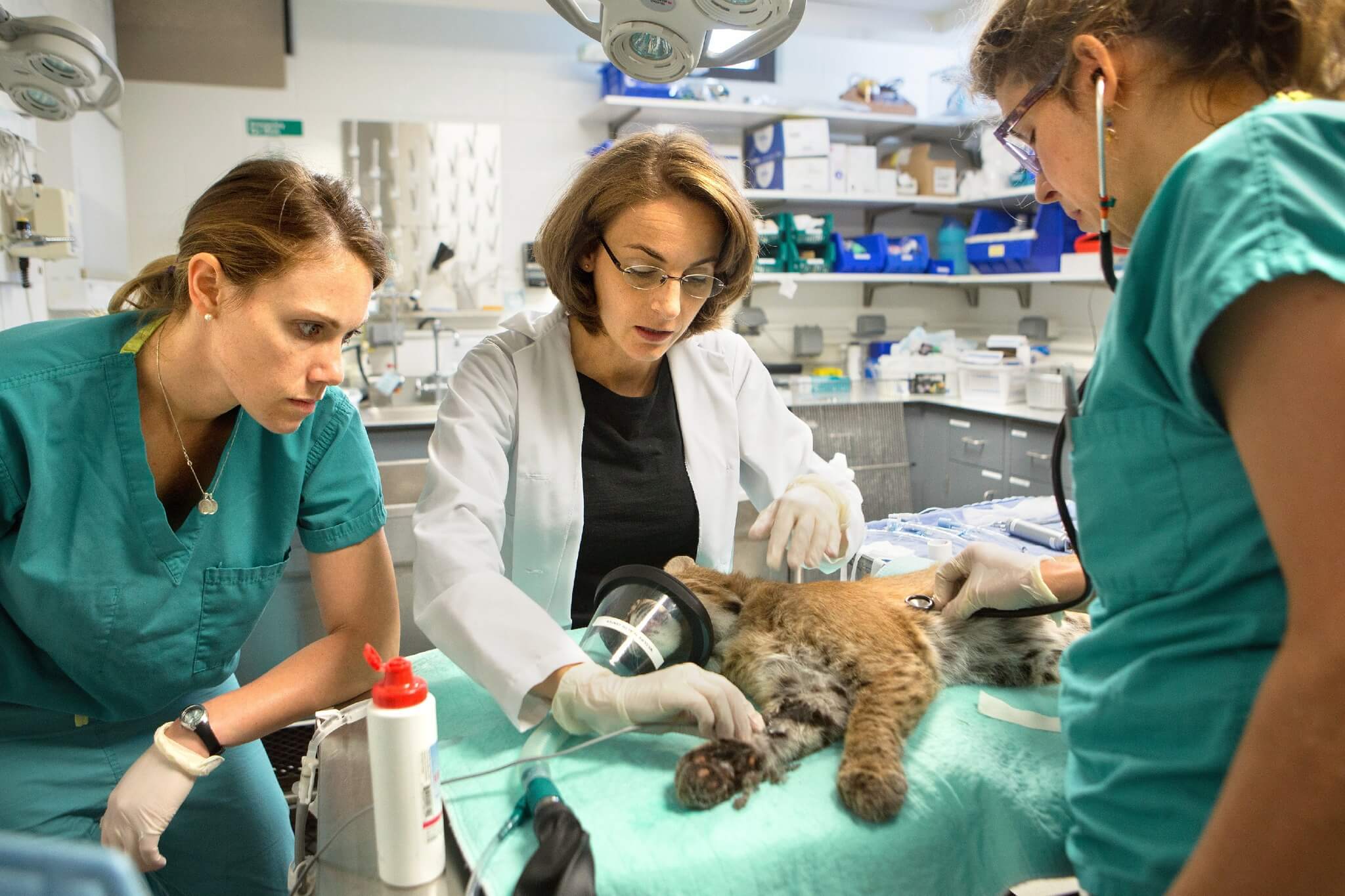Veterinarians play a crucial role in addressing and managing animal behavior issues. Here’s how they contribute to improving and maintaining positive behaviors in animals:
Diagnosis and Understanding
Assess and diagnose behavioral problems by understanding the root causes. This involves considering factors like genetics, environment, medical conditions, and past experiences that may contribute to the behavior.
Medical Intervention
Certain behavioral issues can be linked to underlying medical problems. Veterinarians examine animals to rule out health issues that may be influencing behavior. For example, pain or discomfort can lead to changes in behavior, and addressing the medical issue can often alleviate the behavioral problem.
Prescription and Management
Prescribe medications or recommend behavior-modifying drugs to manage severe behavioral problems. These medications can help animals cope with anxiety, aggression, or other issues while behavioral interventions are implemented.
Animal Behavioral Counseling
Provide guidance to pet owners on managing and modifying behaviors through positive reinforcement, training techniques, and environmental adjustments. This counseling helps pet owners understand their pets’ needs and encourages the development of positive behaviors.
Specialized Training
Some veterinarians specialize in animal behavior and undergo additional training in behavioral medicine. These specialists, known as veterinary behaviorists, have advanced knowledge and skills to address complex behavioral problems in animals.

Preventive Strategies
Offer advice on preventing behavior issues through early socialization, appropriate training, and creating a stimulating and enriching environment for pets. Preventive measures can contribute to the overall well-being of animals.
Collaboration with Trainers
Veterinarians often work in collaboration with professional animal trainers and behaviorists to develop comprehensive plans for managing and modifying behaviors. This multidisciplinary approach ensures a holistic and effective strategy for addressing behavioral issues.
Community Education
Contribute to community education by offering workshops, seminars, or written resources to pet owners. This helps raise awareness about common behavioral problems, their potential causes, and effective strategies for prevention and resolution.
By addressing animal behavior issues, veterinarians not only enhance the quality of life for pets but also strengthen the bond between animals and their owners.
Ready to embark on your journey to becoming a veterinarian? Don’t miss out on this golden opportunity! Join us at the FREE Pre-Vet Career Fair in Washington, DC on April 13th, hosted by AAVMC and Vet Med Pathways. Whether you’re a student, a recent graduate, or simply passionate about animals, this event is open to all ages and promises to be an enriching experience. Register online now and take the first step towards realizing your dream career in veterinary medicine!

